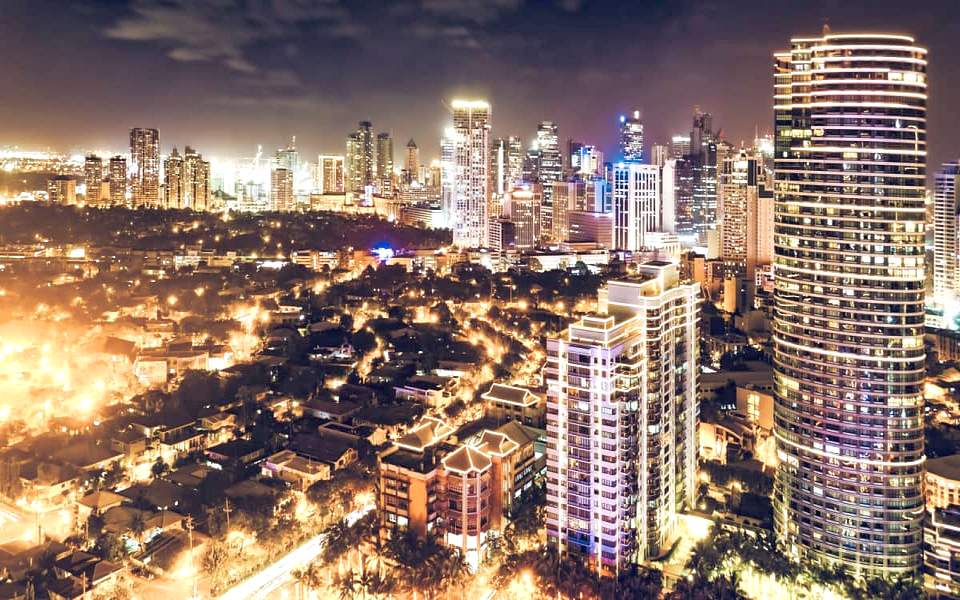
Many countries in south east Asia are looking to attract global tycoons and wealthy retirees to boost their local economies. Thailand’s LTR (Long Term Residency) has so far not excited much public interest as it overlaps with other visa options, does not lead to permanent residency or a second passport and requires a 40 million baht (one million plus US$) investment to be eligible to buy a small plot of land. The Board of Investment has offered little comment to date, although deputy secretary general Narit Therdsteerasukdi says that Thailand can no longer rely on short-term tourists for much-needed income.
By contrast, the recently-announced SRIV (Special Investors Resident Visa) in the Philippines immediately offers permanent residency for as long a foreigner invests at least US$75,000 in business or securities. In return, investors can come and go as they like as well as including their wives and dependent children without additional registration fees. Gill Harris, spokesperson for International Move, said, “If the Filipino golden visa is marketed properly, its sheer simplicity will compare favorably with competing products in other countries.”
Malaysia has also joined the fray with its PViP (Premium Visa Program) offering 20 years residence for an investment deposit of around US$220,000. However, it overlaps heavily with existing visa options such as MM2H (Malaysia My Second Home) and, according to Malaysian member of parliament Lim Lip Eng, suffers from ambiguity about financial details. The country also acquired bad publicity when it banned MM2H holders from entering Malaysia for a period of six months during the Covid crisis.

Cambodia’s CM2H (Cambodia My Second Home) attracted a lot of initial attention when first announced last July. It appeared to offer a possible path to citizenship within five years for investors bringing over US$100,000. However, the deal requires a property investment in the Khmer Home Charity Association, a registered charity, with close Chinese connections. None the less, the detail includes an automatic work permit as does the Thai LTR. The Malaysian and Filipino variants do not, even for digital nomads.
Gill Harris concluded, “All the golden schemes have their own idiosyncrasies. There can be exorbitant registration fees, as in the case of Malaysia, or a cumbersome bureaucracy with the Thai version. There may be half-promises about citizenship, permanent residency or the right to buy property which are not binding on governments. As things stand, the Filipino golden visa looks the best investment for expats wanting a regular base in south east Asia.”
 |
 |
 |





